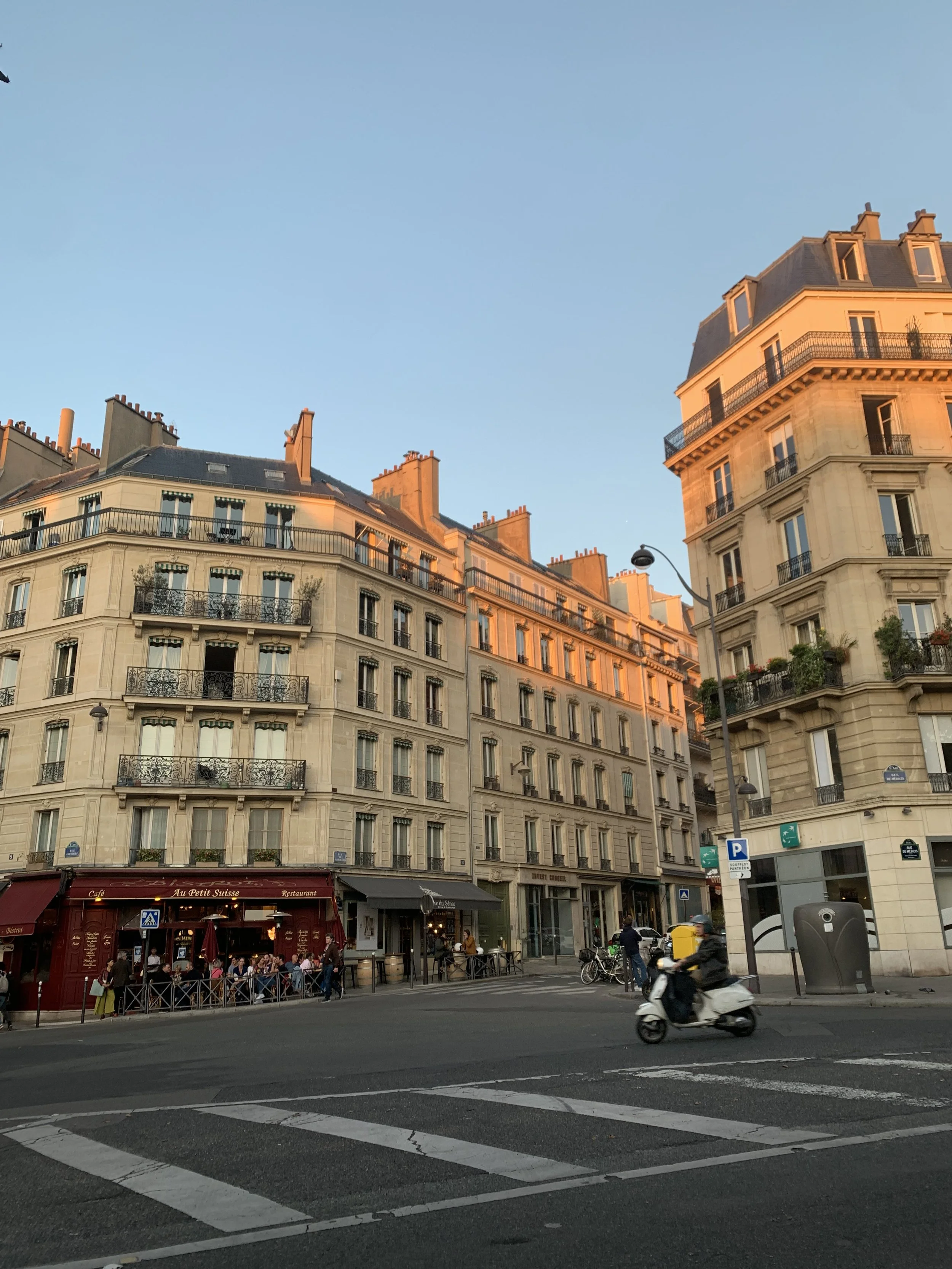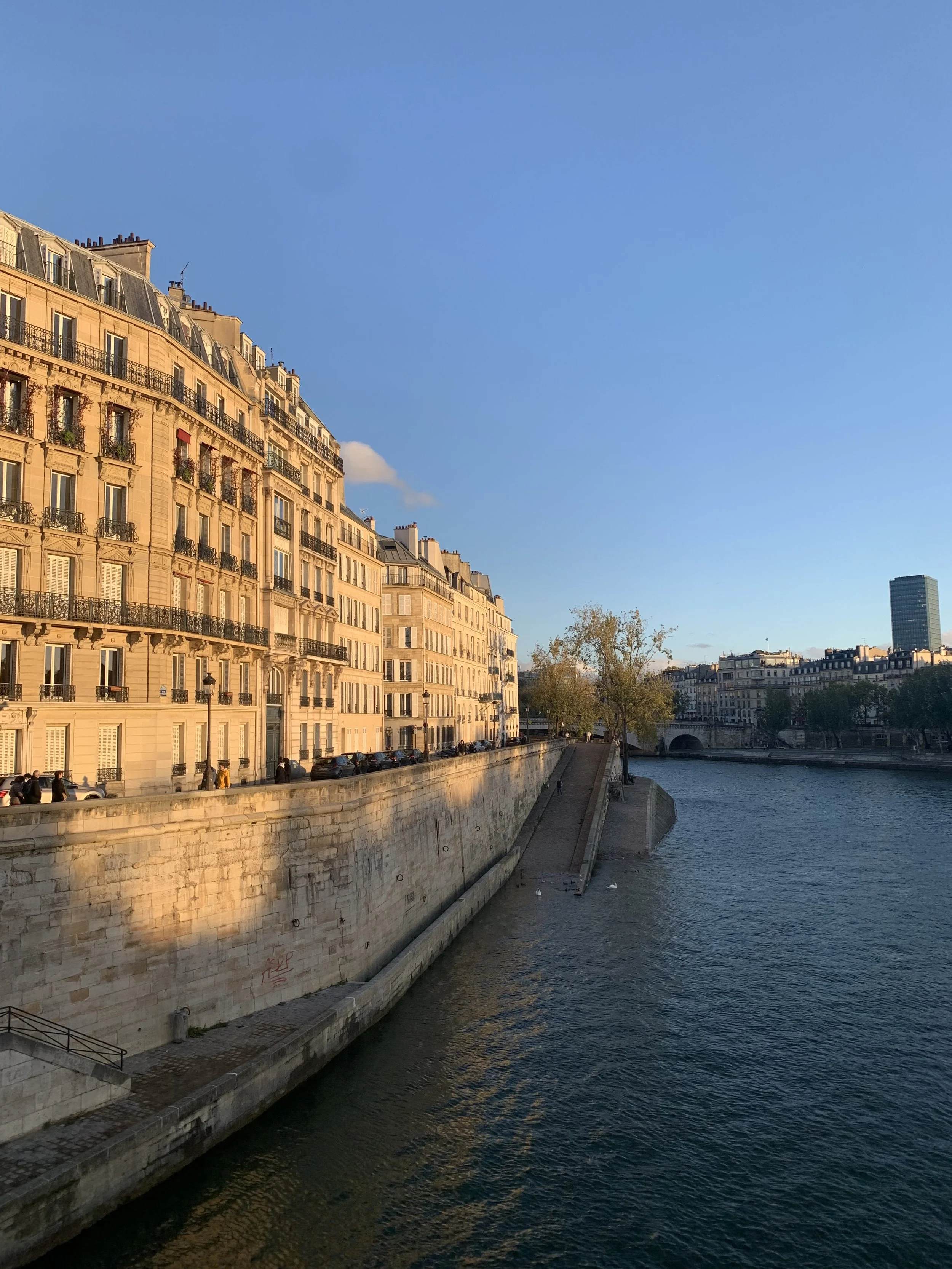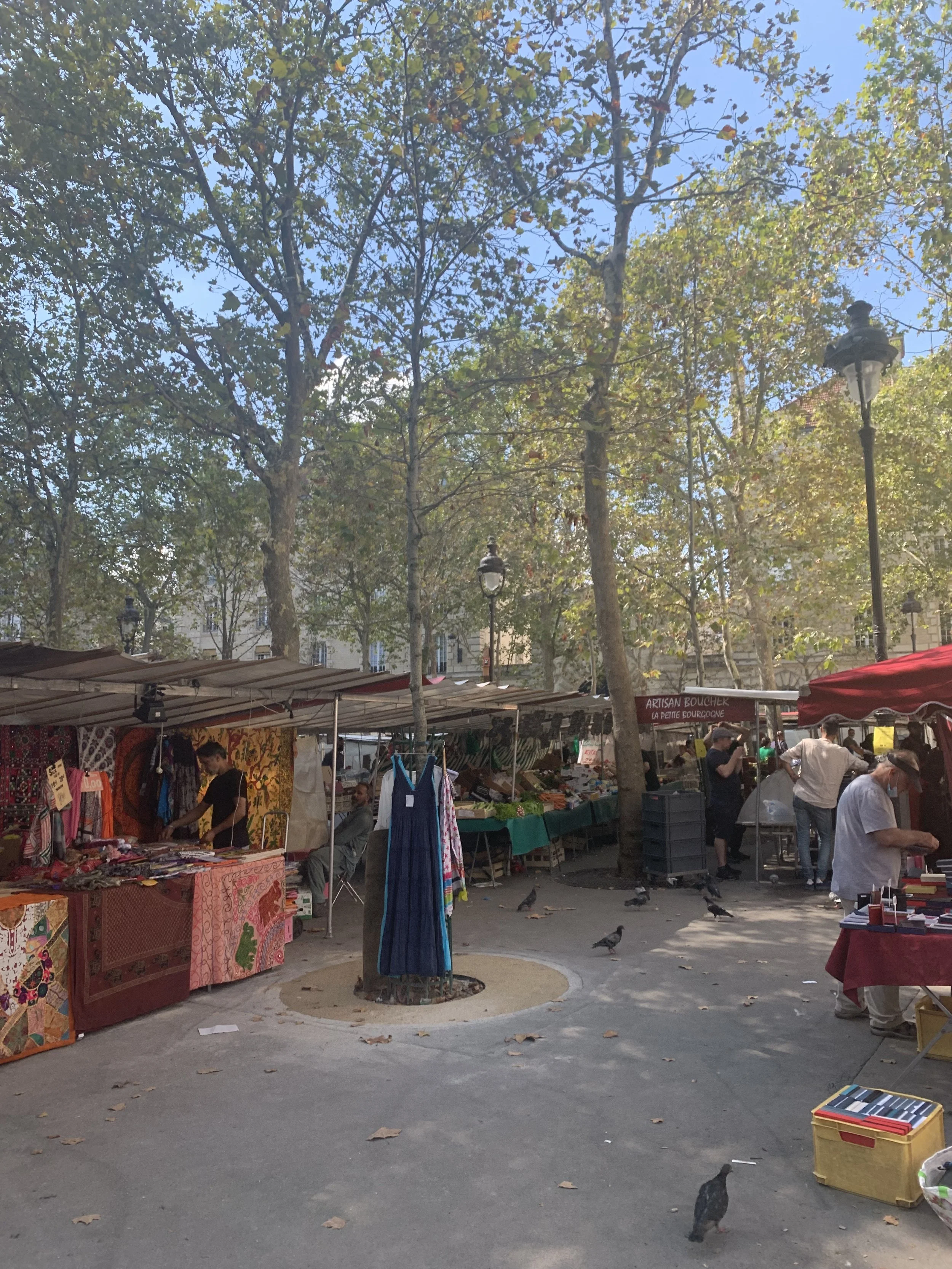The French Dispatch II - Where’s all my money gone?
‘The French Dispatch’ is a reflection on the experiences of one student on her year abroad in France. In a series of columns, Emily Moss discusses the highs and lows of life in Paris, offering (what she hopes to be) helpful tips and insights to future year abroaders, as well as reflections on cultural differences, the language difficulties that living abroad entails, and the challenges of being a young woman in a city not exactly well-known for being welcoming of those who decide to make it home.
Winter seems to have arrived out of nowhere in Paris, where, until a few days ago, it was almost unsettlingly warm and sunny, and the leaves of the trees around my neighbourhood were still lovely shades of bright orange and burnt brown. Now it’s November- and almost three months since I moved here- and that means that Christmas is nearly upon us, or at least, it is according to all the Christmas decorations I’m seeing going up in every shop and on every street around the city. Money, especially at this time of year, has always been something that I’ve been preoccupied with, but never as much as I am now that I’m living in Paris, where every other day seems to entail spending more money than I’d ever usually spend at university in Cambridge or at home. Whether it’s rent, bills, food and drink, going out or going on trips, it all seems to be mounting up to a not inconsiderable sum!
For the majority of students on their year abroad, myself included, a laid back approach to our new, often more expensive, lifestyles isn’t an option, especially when we’re also still trying to save up some money for after graduation. That’s why finding ways to save as much money as possible, whilst also enjoying my time in Paris, has been something I’ve become quite preoccupied with, especially recently, as my student loan and bursaries seem to mysteriously dwindle as the semester goes on...
The key to starting off in a good place with finances is to ensure that you get all the financial support you need- this includes your student loan(s); an Erasmus/Turing Scheme grant (if on an Erasmus/Turing exchange programme or an Erasmus/Turing funded internship) and any college specific/university specific grants. I have a means-tested bursary, for example, which is on offer from all Oxbridge colleges, as well as all the other universities in the UK too. I also recently discovered that UK students are also eligible for an extra travel grant from the government. Sounds too good to be true- but isn’t!
Sounds too good to be true…
Practical budgeting is the second step to saving as much money as possible. I find that the majority of my outgoing expenses seem to be on food and drink (although why wouldn't they be in Paris?), so this is usually a great place to start. Grocery shopping online is often cheaper; I’ve started using an app, GoPuff, which helps you to budget your shop more easily, avoid impulse buying (of which I’m definitely guilty...) and you even get free delivery. If you do want to grocery shop in person, or grocery delivery apps don’t work where you are, then find the discount supermarkets like ALDI or Lidl, as well as small fruit and veg shops or markets which are often cheaper than supermarkets, and do your grocery shopping there- it’s often a much more pleasant shopping experience! Here in Paris I’ve become a regular at my local Sunday market- I’m even on first name terms with my fruit and veg seller, and it makes me feel somehow much more like I’m living the French dream!
I otherwise found that budgeting got harder when I realised that it involved me having to make a few sacrifices every now and then to enjoy things I really wanted. I’ve found that making a monthly list of things you want to buy which wouldn’t be things you need to spend money on helps to avoid too much impulse spending, although it’s worth remembering that this will inevitably still happen sometimes. You may also want to think about using a budgeting app (or spreadsheet) to track your spending, or failing that, to monitor your online banking apps. I prefer this option, (but only because I’m just too lazy to make a spreadsheet...) When spending money, and buying those things you want to buy, rather than necessarily need, it helps to be more economical by buying secondhand clothes and furniture. It’s often much cheaper and also more sustainable for the environment, not to mention so much fun- thrifting has become one of my favourite hobbies. If in France, sites like leboncoin or Vinted are popular, and if in Paris, I thrift most of the clothes I buy here from thrift shops like Free'p'star (multiple stores across Paris), the Kilo Shop (in Le Marais), and other independent shops in Le Marais, Montmartre and the Belleville neighbourhoods, and I’ve been buying furniture for my bedroom from leboncoin!
It’s almost easier not to thrift…
To actively save money, rather than just avoid spending money, it may also be worth getting a part-time job if you’re already working on your year abroad. In France, student visas allow you to work 964 hours annually, for example. I’m going to be starting some babysitting shifts, which seems to be a popular option for other students, since it’s often well-paid but low-commitment, and you usually get to practice your French! Other popular options are doing hospitality work like bartending or waitressing, or tutoring English. Otherwise, always make sure to take advantage of student discounts! France is especially good for this- either your university ID card or a Carte Étudiante suffice to get you the discount- sometimes they don’t even ask for this, they just ask if you’re a student!
I’ve struggled with saving much money so far on my year abroad, as you might have gathered, although I’ve found that starting to follow the tips I’ve been discussing has (miraculously...) reduced my spending quite significantly and given me more money to spend on things I genuinely want and need, as well as ensure I’ll have at least some savings left! The year abroad is often perceived as super expensive, but frankly, it shouldn’t be, provided that you’re reasonable with your spending habits and smart with ways to get money- and, if you’re super keen not to spend much money, perhaps avoid Paris...
All images belong to the author unless stated otherwise.


